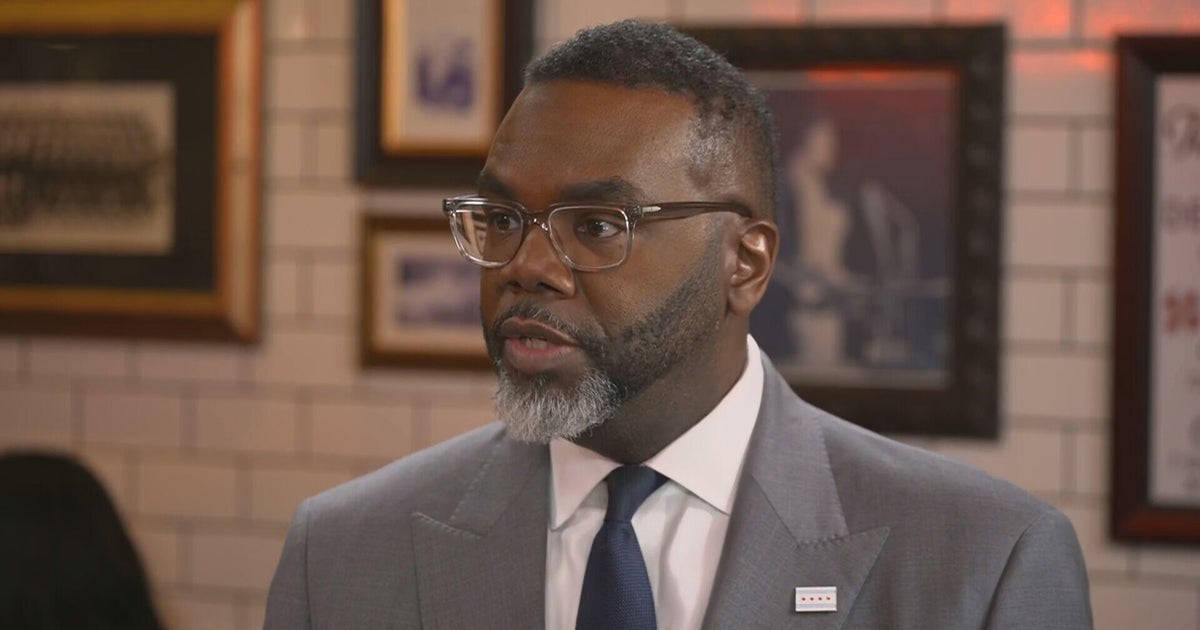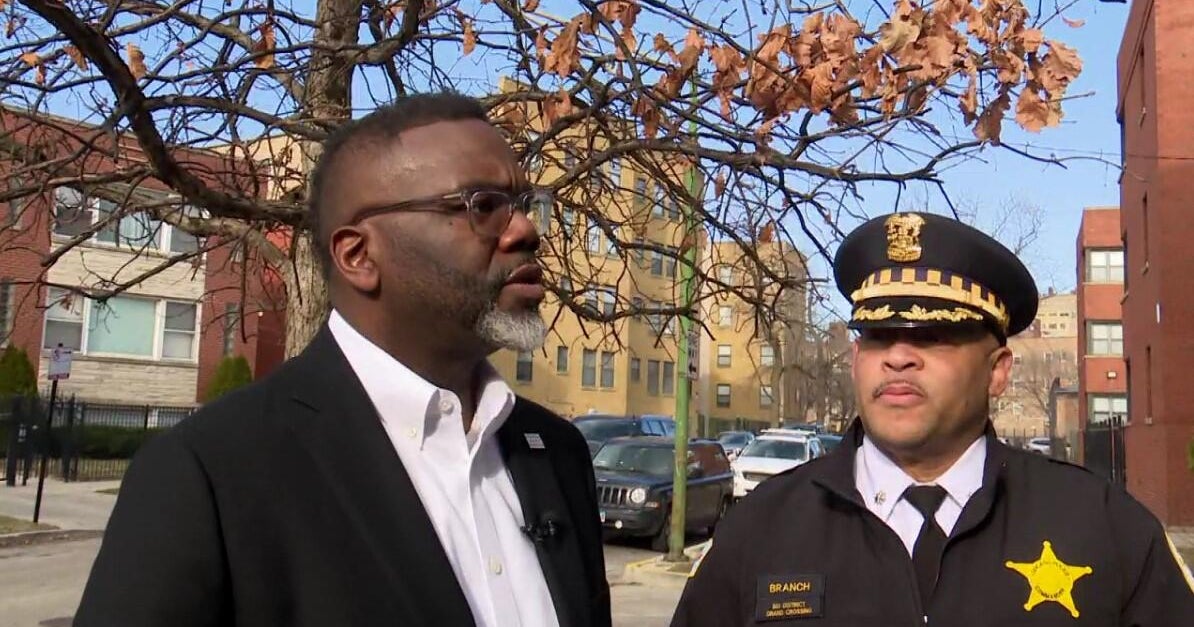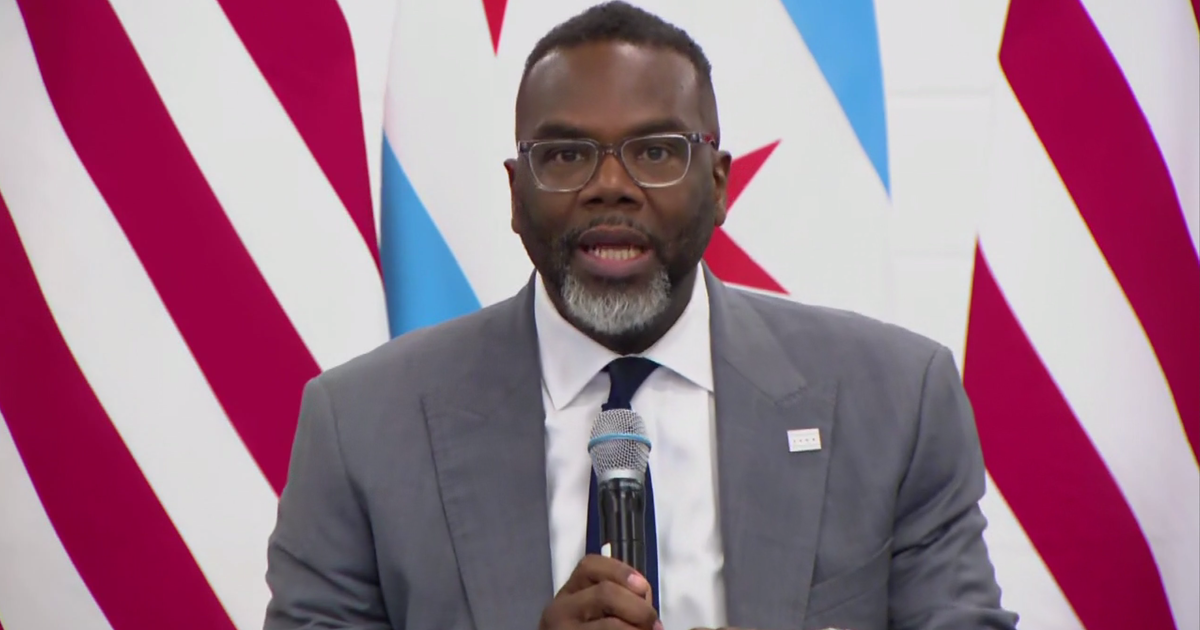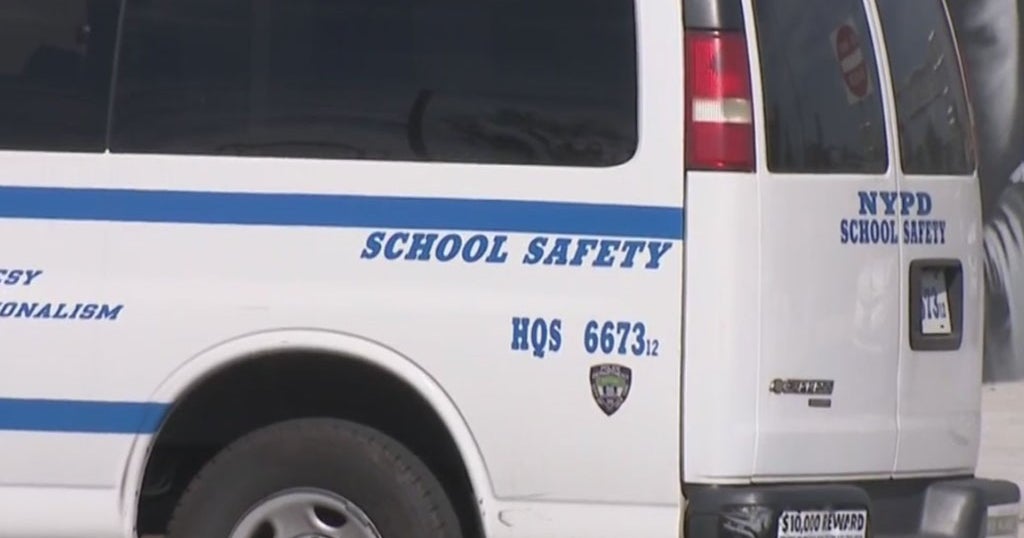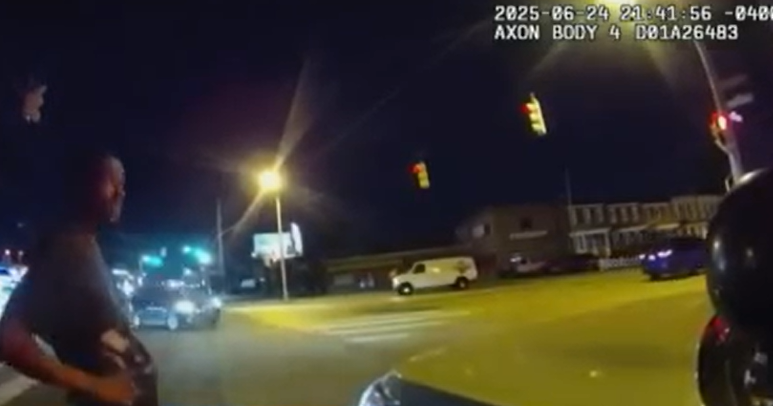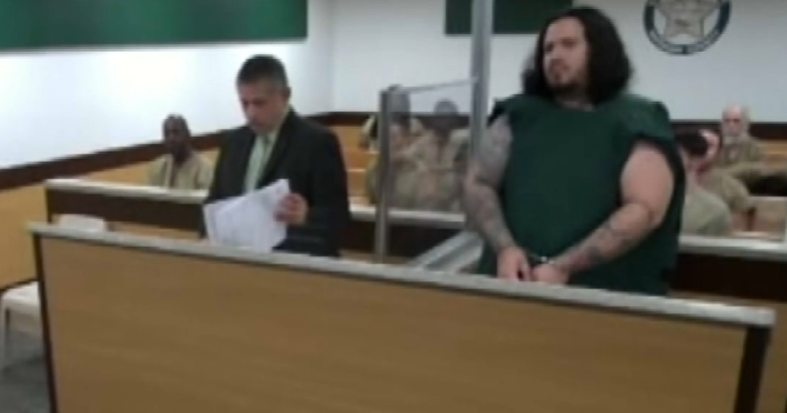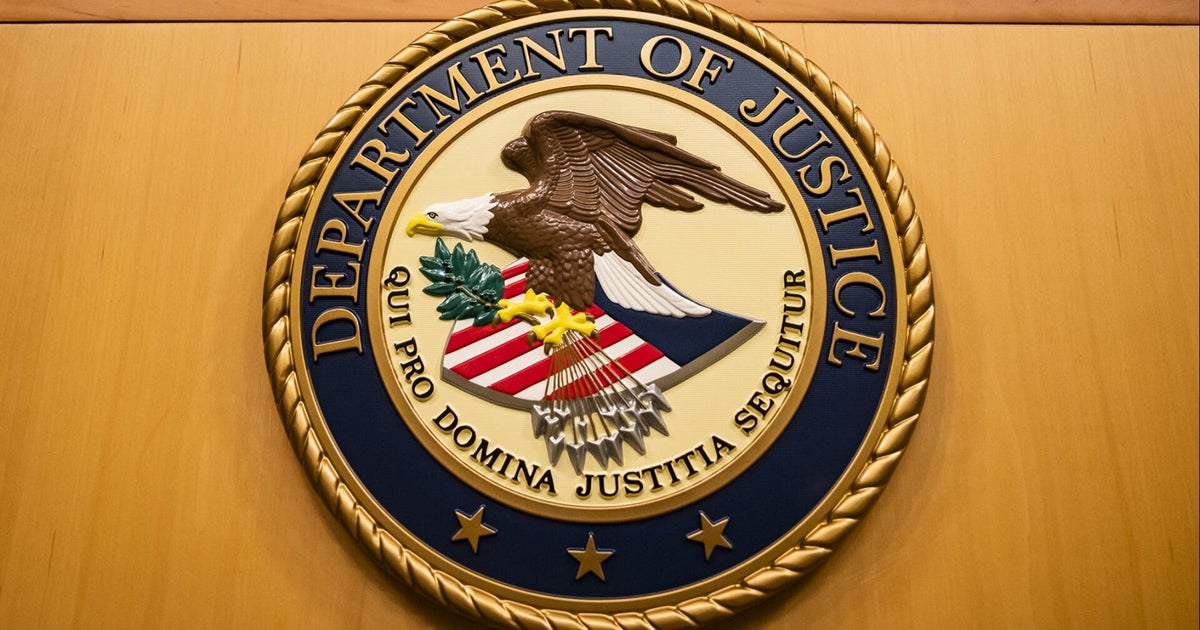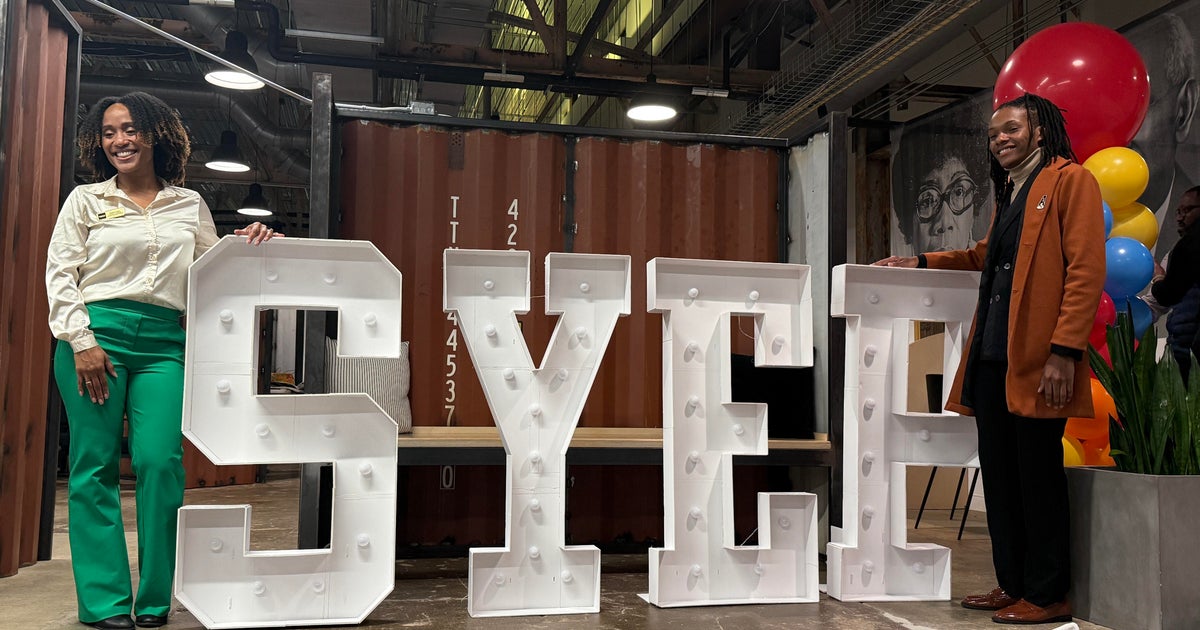Brandon Johnson, Paul Vallas' proposals on how to pay for their policy plans
CHICAGO (CBS) -- Chicago mayoral finalists Paul Vallas and Brandon Johnson each have big ideas on how to make the city better and safer – but that means money.
CBS 2 Political Investigator Dana Kozlov on Wednesday examined how Vallas and Johnson each plan to pay for their ideas.
Johnson has a specific refrain when it comes to his policy plans – which he repeated again at a mayoral debate on public safety Tuesday at the UIC Forum.
"I believe in investing in people," Johnson often says.
Johnson wants to do so by greatly expanding mental health, education, housing, and youth employment programs.
Vallas also wants to expand mental health services – while beefing up police ranks. To accomplish that goal, Vallas plans to hire new officers and bring back retired cops by extending their health care.
"Every budget can be re-prioritized," Vallas said in an interview with Kozlov in January.
But all of it takes money. Johnson will not raise property taxes, while Vallas wants to cap them.
So how will they pay for everything?
"We're going to raise the revenue," Johnson said recently at the Women's Forum.
Johnson's ideas for raising that revenue include raising the jet fuel, hotel accommodation, and real estate transfer tax on homes worth more than $1 million.
Johnson also wants to implement a big banks, securities, and specialty tax on trades – and to reinstate the employee head tax for companies that do more than half of their work in Chicago.
In January, Kozlov asked Johnson if he was concerned that adding taxes like this would further drive businesses and residents out of the city – thereby making it almost a regressive tax – as some opponents have charged.
Johnson's response was, "No."
Vallas does not agree. Instead, he wants to tap into Tax Increment Financing, or TIF, surpluses.
Often criticized as a slush fund for elected officials, the city's TIF program provides hundreds of millions of dollars in property tax revenue to projects in designated districts across the city.
TIF districts freeze the amount of money that goes to schools, parks, and other taxing bodies for 23 years. Any increase in tax revenue generated by the district over those 23 years is funneled into a TIF fund that can be used for redevelopment projects in that area.
Vallas also wants to "reprogram" $28 million in city spending. Legalizing video poker and using that money, and sports betting cash, are revenue streams he is also considering.
"Plus, if you are billing properly - Medicaid reimbursement, private insurance companies, et cetera – you can actually fund the restoration and reopening of mental health services," Vallas said at the UIC Forum Tuesday.
Vallas and Johnson say they will also cut government waste and inefficiencies – which both say would free up tens of millions of dollars. One thing Johnson does not want is a new city income tax – despite claims in a pro-Vallas ad.
One revenue source both agree is not a good idea is privatizing city services. Mayor Richard M. Daley did that with several such services – including parking meters.
Meanwhile in runoff campaign headlines Wednesday, each candidate also picked up another high-profile endorsement. Illinois Attorney General Kwame Raoul endorsed Johnson, while mayoral runner-up Ja'Mal Green endorsed Vallas.

